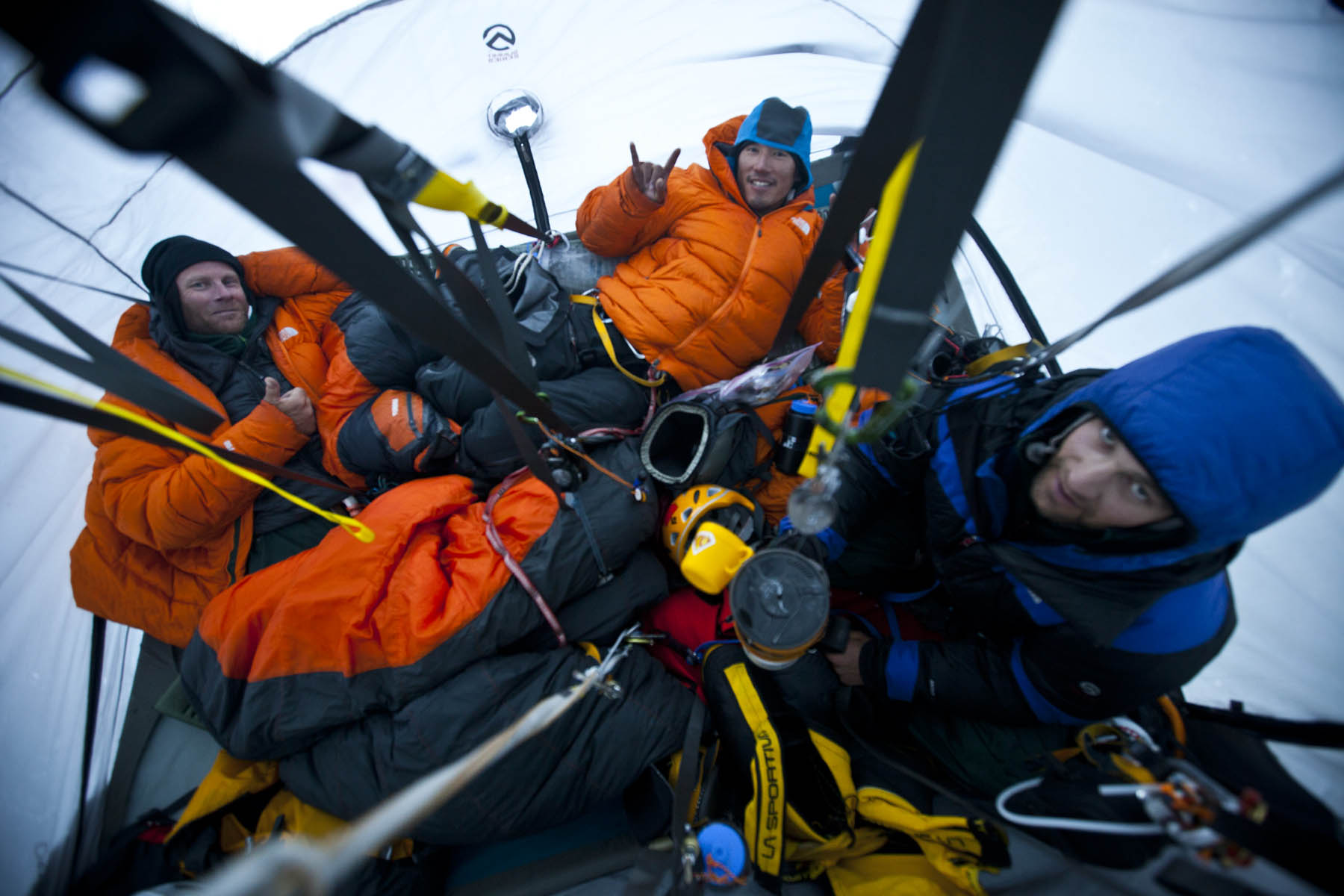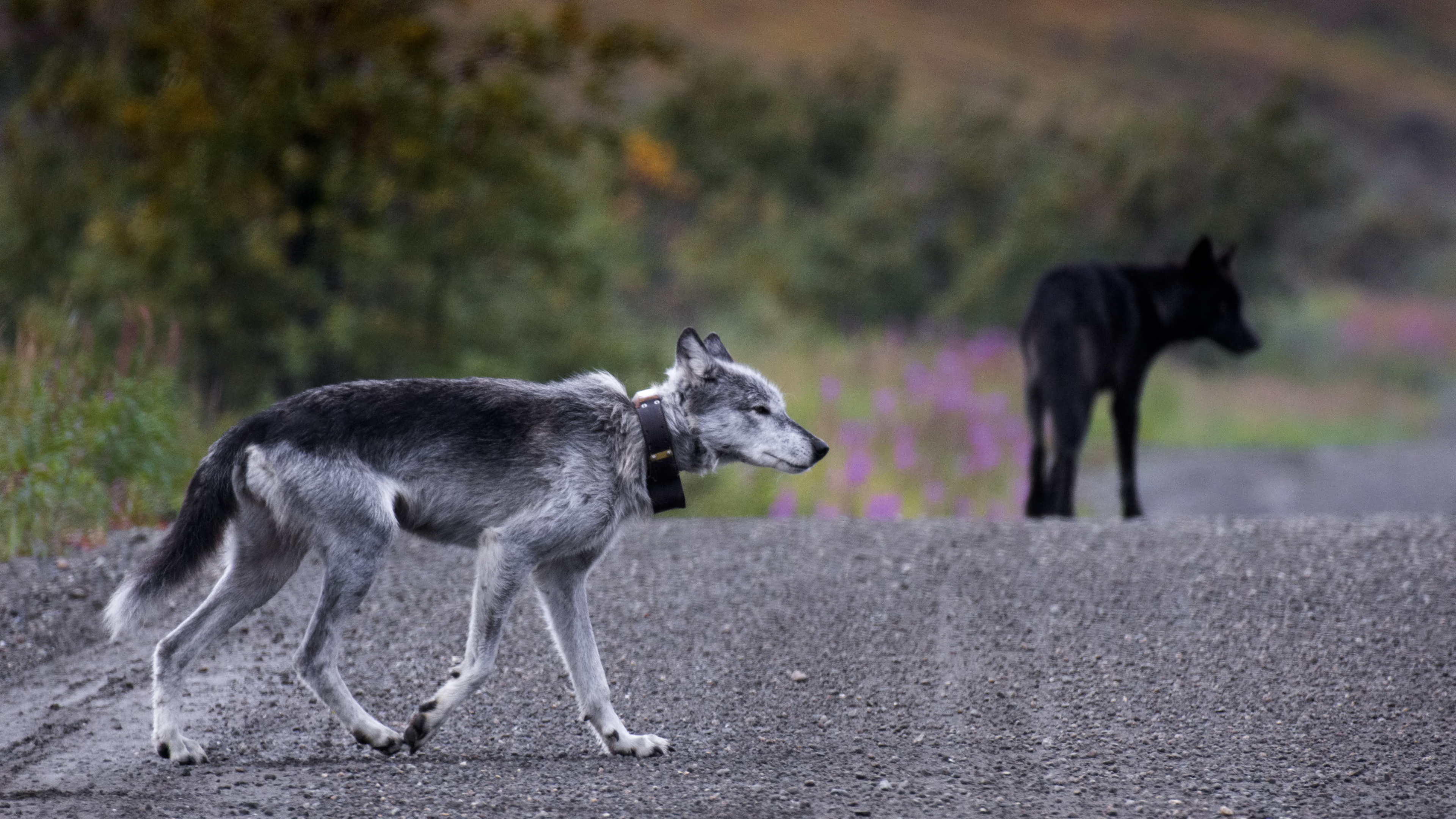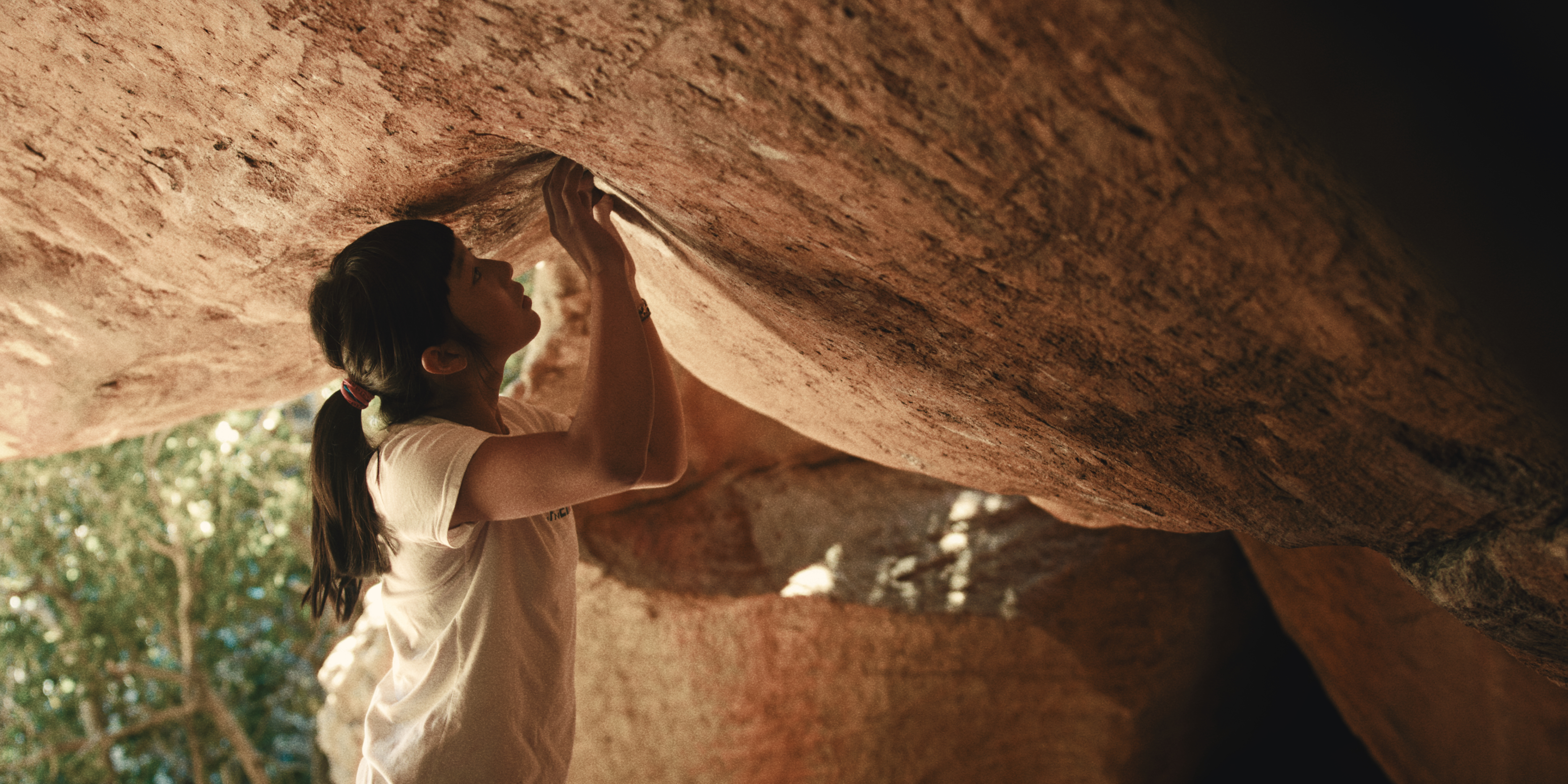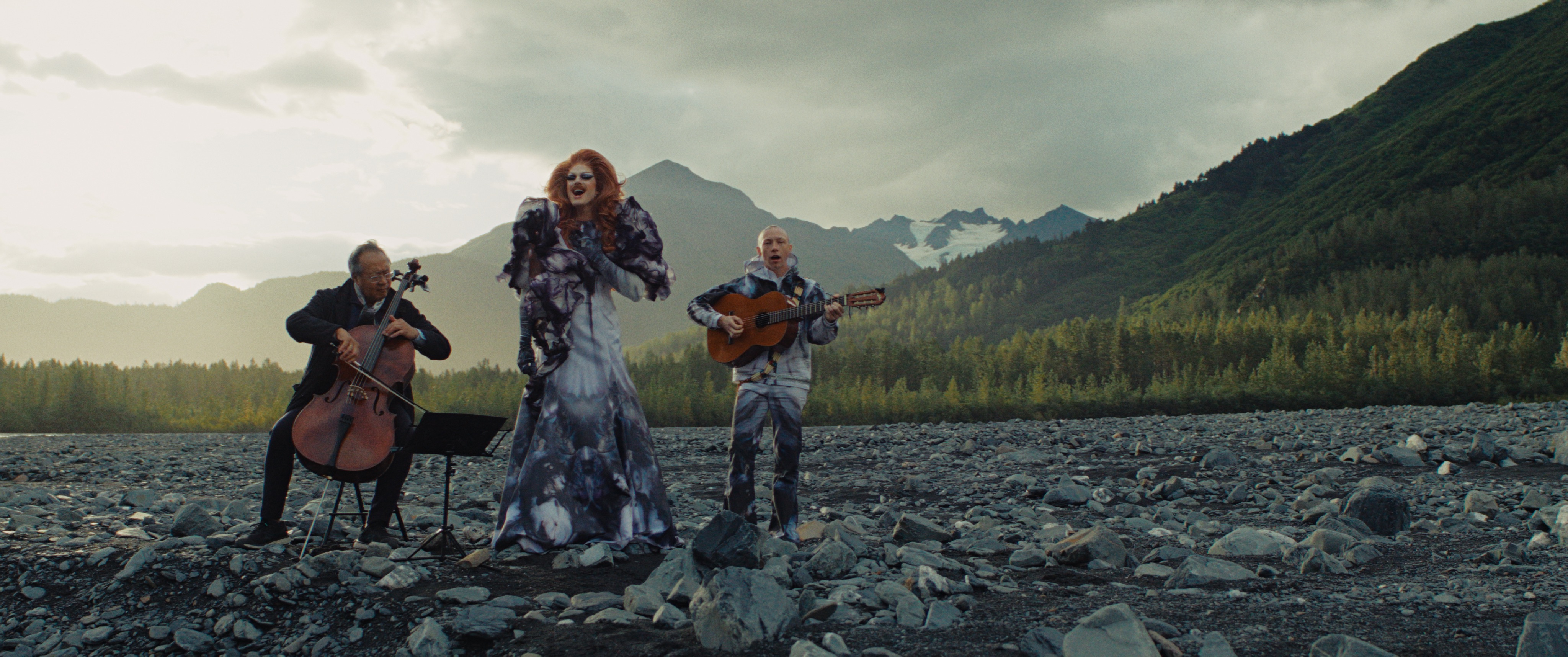
Mountainfilm Regulars Are The First Up The NW Face Of Meru's Shark Fin In India
In 2008, Mountainfilm regulars Conrad Anker, Jimmy Chin, and Renan Ozturk attempted to climb the NW Face of Meru's Shark Fin in India, which had stymied an all-star list of climbers including Anker's mentor, Mugs Stump. This team wasn't able to make it to the top either, but Samsara, an outstanding film directed by the ridiculously talented Ozturk that resulted from the expedition, won Mountainfilm's Charlie Fowler Prize at the 2009 festival. The three men reunited this year to take another shot at it and on October 2, made mountaineering history by being the first people to climb the North West Face of the peak. Chin sent photos from the expedition and Ozturk recently responded to questions from Mountainfilm Festival Director David Holbrooke.
MOUNTAINFILM: When you all failed to reach the summit of Meru in 2008, did you all know then that you had to go back?
RENAN OZTURK: When we reached the point of depletion that comes with being on the wall for 19 days with 7 days of food only to retreat 100 meters short of the summit I certainly could not consider the thought of ever putting myself through something like that again! My partners Jimmy Chin and Conrad Anker (who have been on over 60 expeditions) called it the hardest trip of their careers and I even caught Jimmy on film at our highpoint saying the exact words "I'm NEVER coming back". The following year we gave all the info to the Slovenian climbing legend Silvo Karo and hoped that he would have success. When he also failed adding the long list of 20+ others we knew that we needed to return and finish the line that had captivated our climbing community for so many years.
MF: How did you prepare differently - both gear-wise and mentally - for this expedition compared to the last one?
OZTURK: It was a totally different ball game on our second attempt (Conrad's third) in terms of the level of preparation. On the first trip I showed up exhausted from another expedition on the Tibetan Plateau. I had a hodge-podge of gear, not knowing exactly what I was getting into or what the conditions would be. I remember literally cutting the arms off jackets to make lightweight gaiters and doing a lot of other ghetto things just to survive.
On our return trip we worked with The North Face to design specific gear to fit the climb. This included everything from our base-layers to a custom 3 person portaledge. Our summer +20 degree sleeping bags on the first attempt became -20 bags, our boots when from 6000 meter boots to full on 8000 meter boots and so on. Mentally it was also nice to have the extra time prepare for hardship to come. We all cleared our schedules leading up to the climb to approach it with as much clarity as possible.
MF: You had a major accident not so long ago - just last March. How did that impact your planning for this? Did you think Jimmy and Conrad might go without you?
OZTURK: Yeah, I got into a ski accident in Jackson WY in which I broke 2 vertebrae in my neck, fractured my skull and also lost one of my vertebral arteries which is half the blood supply to the brain. I would have been OK with them pushing on without me, but instead the planning just continued on without anyone knowing if I was going able to make it or not.
At the time of the accident Jimmy first responded to me on slope and Conrad was one of the first visitors in the ICU. It was a really stressful thing for me knowing that I had jeopardized the expedition. During it all Jimmy and Conrad never even mentioned going without me and wished me a quick recovery with nothing but positive energy. The fact that they did not pressure me in an overwhelming way or ever try to replace me showed the level of trust they had, that I would somehow pull through. Having them backing me in that subtle way really helped me focus and work extra hard during the recovery process for our return 5 months after the horrific accident.
MF: The three of you seem to have a unique relationship - is that an accurate assessment?
OZTURK: Yeah that is totally true because the difference in generations between us and the mentorship that takes place as a result during the expedition experiences we have had together. Conrad is the person who initially helped Jimmy and myself become part of the professional climbing world and take our dreams to greater ranges. At this point, Jimmy and Conrad have been on expeditions together for the last ten years.
This includes a successful journey across the Tibetan plateau (with Rick Ridgeway and Galen Rowell) pulling all their gear in carts for 250 miles to find the breeding grounds of the Chiru (Tibetan antelope) to help preserve them. [EDITORS NOTE: This trip was conceived at Mountainfilm 2001 and then presented at the Sheridan Opera House two years later] That trip in my opinion was one of the most legendary stories of my lifetime. It was also a formative trip in which Galen passed along a lot of knowledge and experience to Jimmy in the realm of expedition storytelling before his tragic death in a plane accident just a few months later.
Since our 2008 trip was my first true filmmaking endeavor working with Jimmy in that way was an extension of Galen's legacy. Since then Jimmy and I (along with Tim Kemple) have started a production company which specializes in telling authentic expedition stories. Also, climbing Meru means a lot to Conrad because it was the dream climb of his greatest mentor Mugs Stump, who is also a hero to me. To be able to climb and be mentored by Jimmy and Conrad who in turn have been schooled by legends like Galen and Mugs is a huge honor. So, beyond just being great friends and part of the same North Face athlete team there is a powerful passing along of knowledge deep within our relationship.
MF: How key was that relationship to you reaching the summit?
OZTURK: Although it's not something that is quantifiable I think it was a big part in our success. Since we have all been through so much together that deep understanding of each others personalities and abilities allowed us to be more efficient and function with a high level trust in dangerous situations. Whoever was best suited to lead a pitch was the one who moved the team upward without any ego involved. The team dynamic and ideology of why we climb was totally in sync. We all went into it with the same mindset of our mentors who had previously tried the mountain. It was not a quest to 'conquer' the mountain, but more of a mission to climb it safely and with respect. This shared vision helped greatly along the way.
MF: I read that you spent 11 days non-stop on the face - how hard was that?
OZTURK: It is pretty tough to live in the vertical world in a small hanging platform for that long. The cold and altitude are huge factors. We only brought 7 days of food but only ended up eating 70% of it because of the nausea and pure exhaustion involved with our day to day climbing tasks. Its hard to mentally stay on point and deal with all the minutia of wall-life. For example just making sure everything is clipped in and secure is a constant task. If you drop anything, it is gone forever. Everyday your body gets weaker and weaker and you have to keep the motivation and team psyche high as you suffer upward.
MF: Pete Takeda called this a decades long problem. You all write that you were "momentarily confused when there was finally no place further left to go." Given all of the attempts to get up this route, what did it feel like to finally be up there?
OZTURK: In our minds we all thought the climb would keep going and going with false summit after false summit. To say the least it was surreal to be on top of what seemed unattainable. It was a feeling of contentment more than celebration but overall pretty darn emotional: I cried a bit just to be part of the team and up there after all I had been through with the accident, Conrad welled up a bit having realized his the dream of his mentor Mugs Stump and JImmy just had his classic big grin glued to his face. We spent about 45 minutes on top reflecting, brewing up some instant coffee for the long complicated descent and shooting a few little clips of of summit video/photos.
MF: Samsara - the film about the first attempt - was outstanding. Is there another film coming about reaching the summit?
OZTURK: Yes, we are pulling together a second film that we hope to submit to Mountainfilm 2012.


